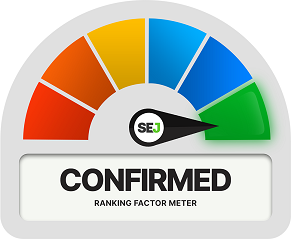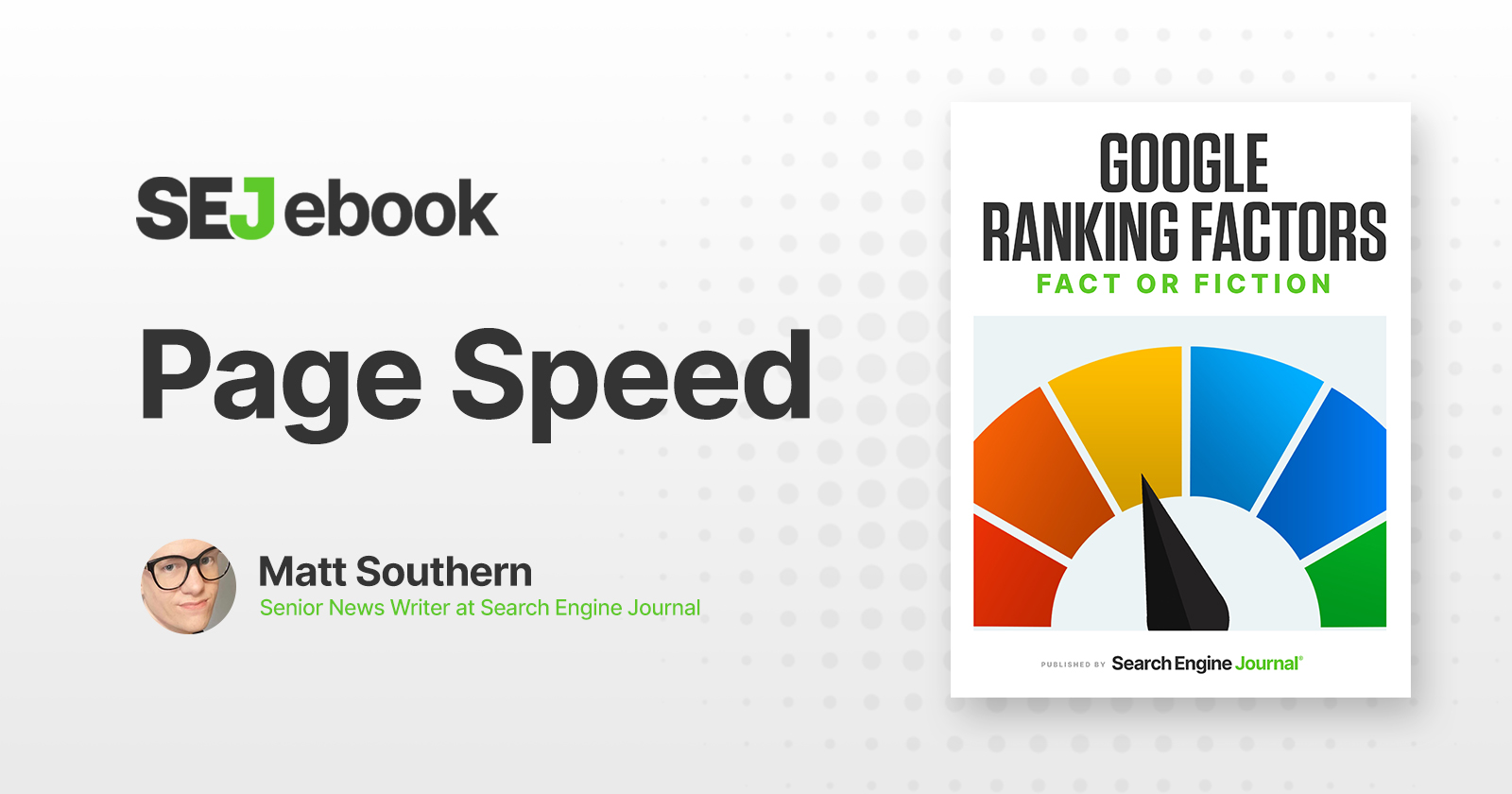We all go through painstaking efforts to improve page speed, in the hopes of benefitting from a ranking boost.
Google is said to prioritize speed when it comes to ranking search results, giving fast sites an advantage over sites that take longer to load.
So can a page’s loading time impact its SEO?
If it can, how strong of a signal is it?
We’ll answer those questions as we investigate the claims around page speed as a Google ranking factor.
The Claim: Page Speed Is A Ranking Factor
Pages that meet a certain threshold for speed are said to benefit from a ranking boost in Google’s search results.
Speed is measured by the time it takes for a page to load after a user clicks on the link on a search engine results page (SERP) – especially now with Core Web Vitals evaluating loading, interactivity, and visual stability.
Google offers a tool called PageSpeed Insights for measuring loading time, which further fuels the claims that speed is a ranking factor.
These claims also stem from the knowledge that Google aims to serve pages that provide a superior user experience.
That makes it easy to believe faster pages have an advantage in search.
It’s more pleasing to have a page load instantly after clicking on it – that was the whole idea behind AMP.
A SERP full of lightning-fast links sounds like a satisfying solution, but it has the potential to exclude more relevant pages that take longer to load.
That’s where the argument that page speed is a ranking factor starts to fall apart.
Google says time and again that relevance is the number one ranking factor.
If fast pages were automatically boosted, they could be served ahead of content that provides a better answer to the user’s query.
This would be a disservice to searchers, as it sacrifices quality at the expense of speed.
In short, there are claims for and against page speed as a ranking factor.
The weight of this supposed signal is hotly debated within the SEO industry.
Let’s look at the evidence in the next section and clear up a few misunderstandings.
The Evidence For Page Speed As A Ranking Factor
Speed has been a Google ranking factor from as far back as 2010.
An April 2010 announcement confirms Google’s search algorithm would start taking speed into account when ranking search results:
“Like us, our users place a lot of value in speed – that’s why we’ve decided to take site speed into account in our search rankings.”
This update applied to desktop search results, and what’s considered fast on desktop may load comparatively slow on a mobile device.
To be sure, mobile searchers were still getting served frustratingly slow pages – that is, until nearly a decade later.
In July 2018, Google made page speed a ranking factor for mobile search results.
A company announcement states:
“Users want to find answers to their questions quickly and data shows that people really care about how quickly their pages load. The Search team announced speed would be a ranking signal for desktop searches in 2010 and as of this month (July 2018), page speed will be a ranking factor for mobile searches too.”
Google continues to take page speed into account when serving search results, though the company confirms the original signal was replaced by the page experience signal.
Google’s John Mueller states on Twitter:
“We try to avoid unnecessary duplication in our code, so I would assume [the page experience update] replaces the previous speed ranking factors.”
For more on how Google’s page experience update evaluates speed, see our chapter on Core Web Vitals.
Page Speed As A Ranking Factor: Our Verdict

Page speed is a confirmed ranking factor for Google’s search results.
The speed that needs to be met to benefit from this ranking signal is constantly changing.
Currently, it can be met by achieving Google’s minimum thresholds for Core Web Vitals.
It bears repeating that speed doesn’t carry as much weight as the relevance of a page.
So keep that in mind when deciding where to devote SEO resources.
Featured Image: Paulo Bobita/Search Engine Journal
